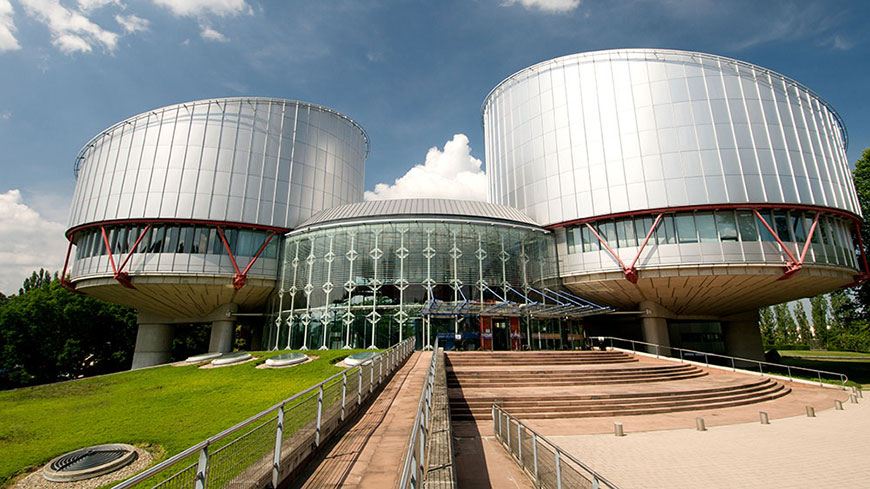Ian H. Lundin, Alex Schneiter and Lundin Energy’s request to end the war crimes investigations against them was rejected by the Svea Court of Appeal (Svea hovrätt) on 27th of April. This was the fourth time that they had asked acourt to terminate the investigation for violating their human rights as suspects, without giving regard to the right of victims of war crimes to access to justice and prompt redress .
In 1997 the company that is now called Lundin Energy signed a contract to explore oil in southern Sudan, where a brutal civil war was raging. Subsequently, heinous crimes were committed against the civilian population in its concession area: an estimated 160,000 people were forcibly displaced, their houses and livelihood stolen or destroyed. At least 12,000 died. Young men were forcibly recruited, young women raped and enslaved.
The Unpaid Debt report, published in 2010, described these war crimes and the role of the oil companies, which led a Swedish prosecutor to initiate an investigation. In November 2016, two executives of Lundin Energy, Ian Lundin and Alex Schneiter, were informed that they were suspected of aiding and abetting war crimes. In 2018 Lundin Energy was informed that the prosecutor would seek a penalty for profiting from war crimes.
The accused argue that their right to a fair trial within a reasonable time, has been infringed, invoking article 6(1), the right to a fair trial within reasonable time, of the European Convention on Human Rights. Their request was once again rejected by The Svea Court of Appeal on 27 April on similar grounds as the Stockholm District Court. It did not further examine the legal arguments set out in the appeal. Both courts found that the Swedish Supreme Court has determined in 2003 that the law does not allow a court to terminate a criminal investigation for taking a too much time to reach the court.
It would seem that the suspects’ request has little legal merit. This raises the question whether this kind of ‘robust’ legal defence practices constitutes an effort to delay justice and infringes upon the victims’ rights to access to justice and prompt redress.
When Lundin’s defence teams appealed this decision at the Svea Court of Appeal they argued that this decision had become obsolete due to three more recent judgments by the European Court of Human Rights (ECHR). However, this doesn’t appear to be the case.
Swedish Courts can address the duration of legal procedures
The first ECHR case (Barry v Ireland) provides that “you have a right to a remedy for both past and future delays”, implicitly claiming that suspects are entitled to a remedy that does not only cover actual delays but also any delays that a suspect might face in the future. However, the judgment clarifies that remedies should be provided for both past and future delays because the legal proceedings relied on in Barry v Ireland “were not capable of expediting the decision by the criminal courts”. However, the Swedish Courts can expedite trial proceedings. They can issue a “declaration of priority”, a procedure that has been specifically introduced to ensure that Sweden complies with the European Court of Justice’s rulings on the right to a trial within a reasonable time.
Swedish courts can compensate suspects for delays
The second case referred to in the appeal is Scordino v Italy. The judgement states “where length-of-proceedings violations already exist, a remedy designed to expedite the proceedings – although desirable for the future – may not be adequate to redress a situation in which the proceedings have clearly already been excessively long”. This sentence is used by Lundin’s defence to argue why the declaration of priority proceeding mentioned above would not constitute an adequate remedy in the war crimes investigation. What they fail to mention is that the Scordino v Italy judgement recommends combining two types of remedies, one designed to expedite the proceedings and the other to afford compensation. Furthermore, it clarifies that providing compensation is in itself an adequate remedy. Swedish courts are able to both expedite proceedings and provide compensation. In a Swedish case from 2005 the Supreme Court established that damages may be awarded in the event of Human Rights violations, even when this is not explicitly mentioned in Swedish law.
Finally, the defence refers to Tunce v Turkey where the judgement states that Article 13 was violated when no remedy was available while the proceedings were ongoing. However, as pointed out above, remedies are in fact available.
In none of the three ECHR cases, nor in any other cases that we could find where article 6.1 had been invoked, have resulted in the complete dismissal of a case that has not yet reached the court.
War crimes investigations are time-consuming
The investigation has undoubtedly taken a long time but, as set out in Swedish law and ECHR case-law, this must be balanced against the complexity of the case. Other cases concerning war crimes that have been brought to international tribunals have taken a similarly long time to reach court. Suspects have been held in custody for up to 20 years before completion of legal proceedings. Ian H. Lundin and Alex Schneiter are not in custody and have never been.
Another criteria for deciding a reasonable length for proceedings is the applicant’s behaviour. Applicants are entitled to make use of all available domestic procedural steps, but they should do so with diligence and must bear the consequences when they cause delay. The filing of ill-founded challenges, motions and other requests will undermine Ian H. Lundin and Alex Schneiter’s claim that their rights have been infringed.
Access to justice and prompt redress are basic human rights that all victims of crimes are entitled to. Procedural steps without apparent legal merit, such as the announced appeal by Lundin’s defence teams to the Swedish Supreme Court, will cause an unwarranted delay of justice. Justice delayed is justice denied. By starting pointless legal proceedings under the guise of defending their own human rights, Lundin Energy, Ian H. Lundin and Alex Schneiter are abusing human rights law and are denying victims of war crimes access to justice and prompt redress.
Karolina Bonde
PAX/Global Idé



